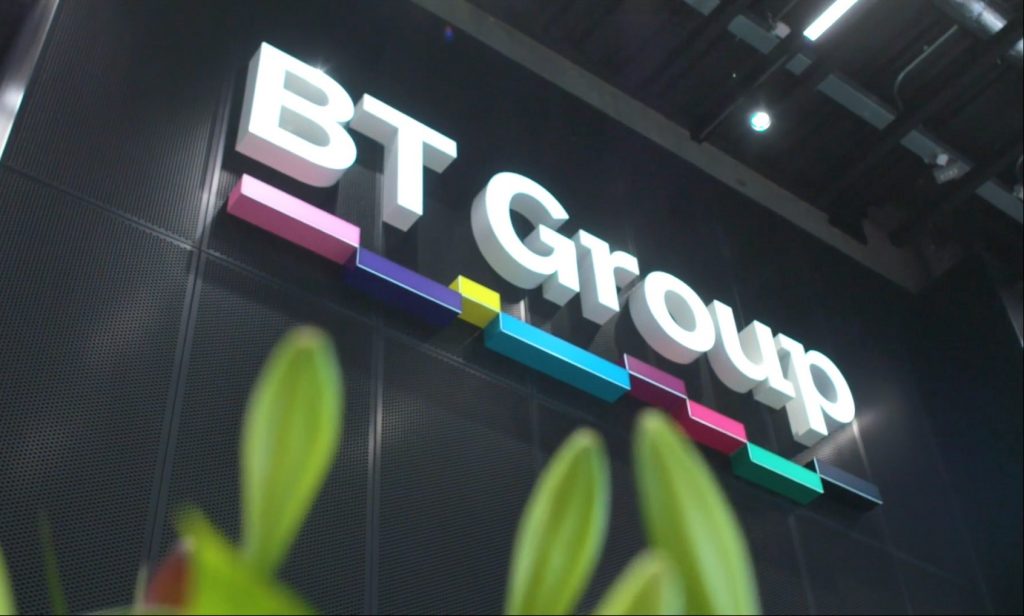BT details 3G switch-off
September 18, 2023

BT has announced that its nationwide 3G switch off will start in January 2024, with the plan to complete the switch off across the UK by March. EE will keep all customers registered as vulnerable connected by offering them a free 4G-ready mobile phone – or a discount on a monthly plan if they prefer.
In a blog post, Greg McCall, Chief Networks Officer at BT, detailed the plans for the switch-off:
“When we launched our 3G network in the UK in the early 2000s, the world was a different place. Back then, the first iPhone had not launched, there was no WhatsApp or Facebook, and 3G was the most reliable mobile technology available. Fast forward twenty years and things have moved on.
That said, every major evolution in mobile networks requires a responsible and considered approach to ensure people understand what is happening, when, and why; as well as have the dedicated support available to help them make the transition successfully.
As we get closer to January 2024 and the start of EE’s 3G switch off – which we plan to complete by March – that is something we have been working hard to deliver on.
Our 3G pilot in Warrington this summer saw the town become the first place in the UK where EE’s 3G network was switched off. It was a significant milestone in our journey to enhance Britain’s mobile infrastructure and helped inform the approach for our nationwide retirement of 3G.
Following the smooth switch off there were no customer complaints about network coverage or performance. Importantly, there were also no capacity issues on either our 2G or 4G networks, despite a natural rise in traffic as more people relied on them every day.
Having collaborated closely with the local community – including Warrington Borough Council – in the run up, we were able to successfully transition our business customers in the area away from 3G, leaving the town ready to capitalise on its bright future in the digital age.
That future will also be more sustainable now too. 3G represents around 35% of our mobile network’s total power consumption – massively outweighing its usage which is falling all the time. Retiring the technology is one of the best steps we can take to reduce our carbon footprint, as modern networks like 4G and 5G are not only faster and more reliable for customers but also up to ten times more efficient. In fact, we estimate that switching off our 3G network across the UK will save the equivalent amount of energy needed to fully charge up to four billion smartphones, making it better for the planet as well as our customers.
To make sure our consumer customers that are registered as vulnerable are not left behind – and the cost of upgrading is not a barrier – we are offering each one of them a free 4G-ready mobile phone (or a discount on a monthly plan if they would prefer to choose their own handset). Having adopted this approach for our pilot in Warrington and seen its success, we will now be rolling it out across the country to support those 3G customers who need it most.
As part of our long-standing partnership with AbilityNet – which delivers digital skills training to over 65’s across the UK – we have also prepared a 3G factsheet to help elderly and vulnerable people, and their families, clearly understand why 3G is being retired and what steps they can take to make sure they are not impacted. More than 4,000 people will have received AbilityNet training by the end of 2023 as part of group and one-to-one sessions in Glasgow, Edinburgh, Birmingham, Manchester, London and the South Coast.
These are not the only positive steps we have made in the run up to the start of our nationwide 3G switch off from January 2024. We have also implemented several enhancements to the radio technology used in our EE mobile network to ensure customers whose phones already support 4G connectivity (but may default to 3G) can stay connected to it for longer – giving them a better and more reliable experience.
For those who do not have a modern handset or plan, our 2G network (which like our 4G one provides 99% population coverage) has been tuned to be their fall back for voice calls and texts. The results are as you might expect: 3G usage on the EE network fell to record lows this summer, accounting for just 0.6% of total data downloaded and 7 per cent of voice traffic.
According to Ofcom’s Mobile Matters 2023 report, EE customers only spend 2.7 per cent of their time connected to 3G which is the lowest amount of time of any UK mobile operator. This number is going to keep falling as customers upgrade and we continue to expand the reach of our 4G and 5G networks to more people across the UK, including to traditionally hard-to-reach rural communities who need it most, as well as major towns and cities and iconic stations on the London Underground.
While 3G delivered everything we expected it to twenty years ago, it has now been made redundant by the widespread rollout of newer mobile technologies. Retiring 3G means we can reuse the spectrum to strengthen our 4G and 5G experiences (which the majority of customers use every day) and make sure more communities have access to a fast, reliable and sustainable mobile network.
When our 3G network switches off early next year it will be a landmark moment. And while its retirement is more of a network evolution than a revolution, it sets the scene for many exciting developments to come in the years ahead.”
